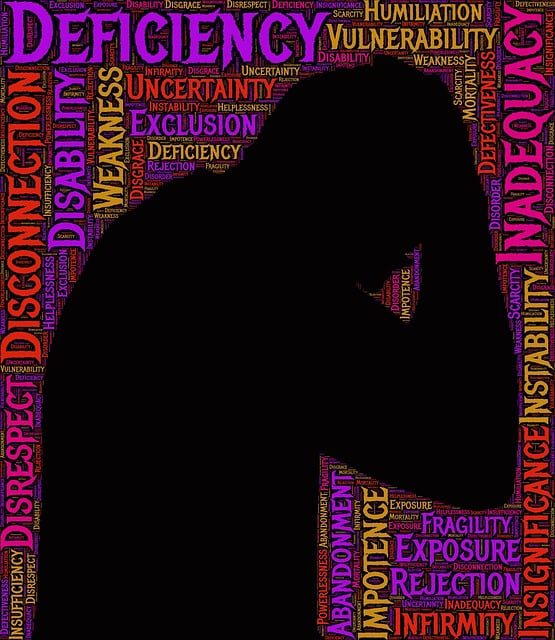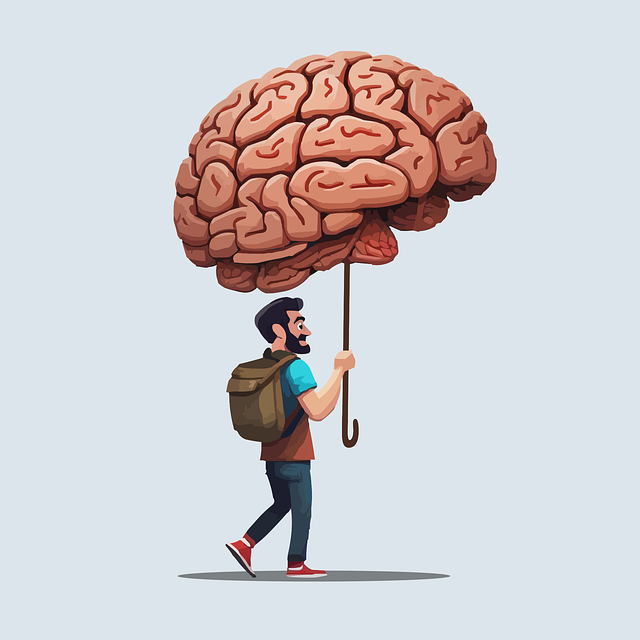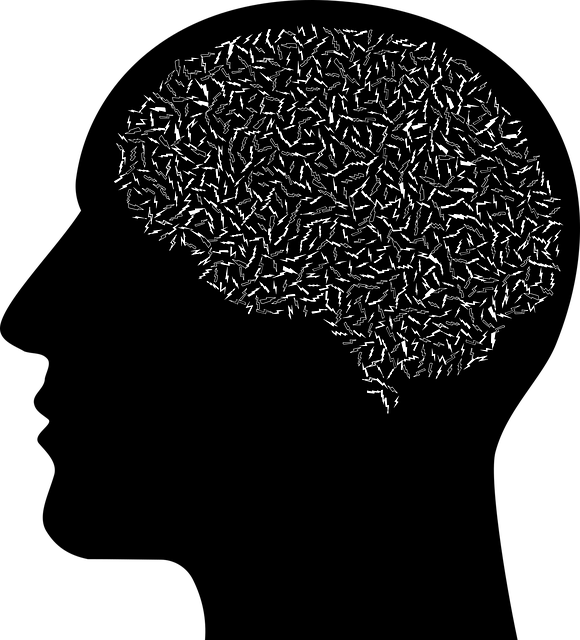Depression, a significant mental health concern, can be mitigated through understanding its triggers, especially in individuals with ADHD. Castle Rock ADD-ADHD evaluations offer insights into brain function and behavior, enabling tailored therapy for depression prevention. This approach, coupled with lifestyle modifications like exercise, sleep, and diet, enhances resilience among healthcare providers at risk of burnout. Cultural sensitivity in mental healthcare ensures inclusive practices, while building resilience through specialized Castle Rock evaluations fosters long-term mental well-being.
Depression is a prevalent yet complex mental health issue, affecting individuals across various demographics. This article explores comprehensive strategies for prevention and management, with a specific focus on understanding and mitigating risks. We delve into the significance of Castle Rock ADD-ADHD evaluations as an initial step, identifying potential triggers and guiding personalized therapeutic approaches. Additionally, we uncover effective preventive measures through therapy and lifestyle changes, emphasizing their role in fostering resilience for long-term mental wellbeing.
- Understanding Depression and its Triggers: The Role of Castle Rock ADD-ADHD Evaluations
- Preventive Measures: Therapy and Lifestyle Changes
- Building Resilience: Strategies for Long-Term Mental Wellbeing
Understanding Depression and its Triggers: The Role of Castle Rock ADD-ADHD Evaluations

Depression is a complex mental health condition that can significantly impact an individual’s daily life and overall well-being. Understanding its triggers is crucial in prevention strategies, and this often involves delving into one’s unique neurobiological makeup, especially in cases where Attention-Deficit/Hyperactivity Disorder (ADHD) or similar conditions coexist. Castle Rock ADD-ADHD evaluations play a pivotal role here by offering insights into an individual’s brain function and potential vulnerabilities to emotional distress.
These evaluations help identify specific cognitive patterns and behavioral traits that may contribute to depression, enabling tailored therapy approaches. By addressing underlying issues and implementing effective Emotional Well-being Promotion Techniques, individuals can develop coping mechanisms to manage stress and prevent burnout, which is particularly relevant for Healthcare Providers adopting Burnout Prevention Strategies. Mental Health Awareness and early intervention through these evaluations can significantly enhance one’s resilience against depression.
Preventive Measures: Therapy and Lifestyle Changes

Depression prevention strategies encompass a range of therapeutic and lifestyle interventions that can significantly reduce the risk or severity of depressive episodes. One effective approach is seeking professional help through Castle Rock ADD-ADHD evaluations and therapy. Mental health professionals play a crucial role in identifying underlying causes, providing support, and offering evidence-based treatments tailored to individual needs.
Incorporating lifestyle changes, such as regular exercise, adequate sleep, and a balanced diet, can serve as powerful burnout prevention strategies for healthcare providers while also promoting general well-being. Cultural sensitivity in mental healthcare practice is essential, ensuring that interventions are inclusive and respectful of diverse backgrounds, thereby enhancing the effectiveness of depression prevention measures.
Building Resilience: Strategies for Long-Term Mental Wellbeing

Building resilience is a key strategy for long-term mental wellbeing, particularly in mitigating depression risks. This involves cultivating coping mechanisms that enable individuals to navigate life’s challenges and stressors effectively. At Castle Rock, ADD-ADHD evaluations and therapy play a pivotal role in fostering resilience by identifying underlying issues and providing tailored support. Through evidence-based therapeutic approaches, individuals gain tools to manage their mental health proactively, enhancing their ability to bounce back from adversity.
Mental health awareness and advocacy are integral to this process. Implementing Healthcare Provider Cultural Competency Training, for instance, ensures professionals can offer sensitive and effective care to diverse populations. This holistic approach, combining therapy, awareness, and advocacy, strengthens individuals’ mental fortresses, making them better equipped to face life’s storms and maintain long-term mental wellbeing.
In conclusion, preventing depression involves a multifaceted approach. Understanding its triggers, such as Castle Rock ADD-ADHD evaluations, is crucial for early intervention. Incorporating therapy and significant lifestyle changes can significantly enhance mental wellbeing. Additionally, building resilience through strategic life management provides long-term protection against depressive episodes. By combining these preventative measures, individuals can navigate life’s challenges more effectively and maintain a healthier, happier state of mind.













